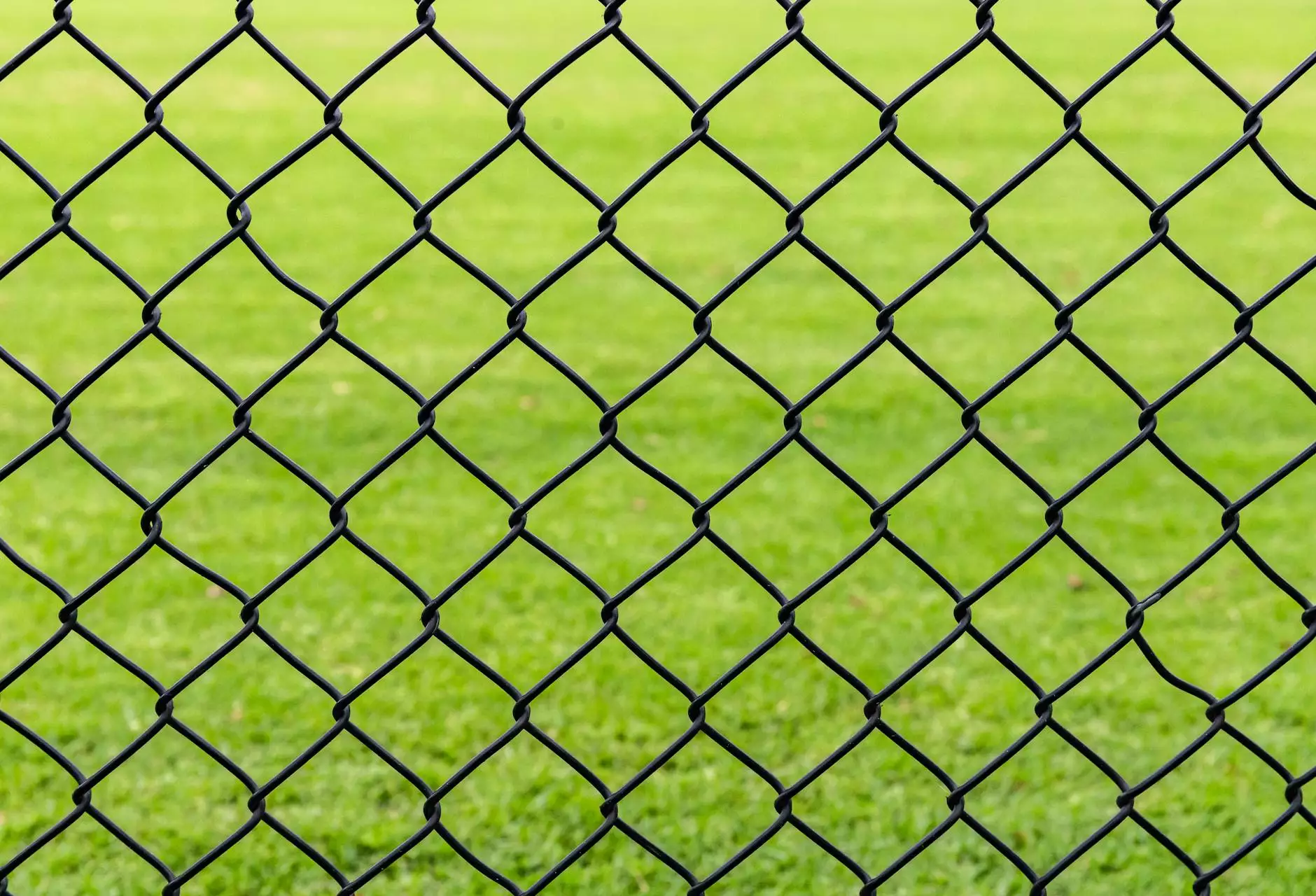Dog Dental Care 101
Dog Care
Introduction to Dog Dental Care
As a loving dog owner, it's essential to prioritize your furry friend's dental health. Just like with humans, proper dental care plays a crucial role in maintaining your dog's overall well-being. In this comprehensive guide, brought to you by Wisconsin Adventures, we will walk you through everything you need to know about dog dental care.
The Importance of Dental Health
Healthy teeth and gums are essential for your dog's quality of life. Neglecting dental care can lead to a range of issues, including bad breath, tooth decay, gum disease, and even more severe health problems. By implementing a regular dental care routine, you can help prevent these issues and ensure your dog's long-term health and happiness.
Common Dental Problems in Dogs
Understanding the common dental problems that dogs face is crucial in maintaining their oral health. Some of the most prevalent dental issues in dogs include:
- Tooth Decay: Just like humans, dogs can develop cavities. Plaque and tartar buildup leads to tooth decay, causing pain and discomfort.
- Gingivitis: This condition refers to gum inflammation and can progress to more severe forms of gum disease if left untreated.
- Periodontal Disease: This advanced gum disease can lead to tooth loss and even systemic health issues as bacteria from the mouth can travel to other parts of the body.
- Bad Breath (Halitosis): Foul-smelling breath is often a sign of underlying dental problems that require attention.
Preventive Dental Care
Prevention is the key to maintaining optimal dental health for your dog. Here are some essential tips to incorporate into your dog's dental care routine:
- Regular Brushing: Brush your dog's teeth with a pet-specific toothpaste and toothbrush at least two to three times a week. This helps remove plaque and prevent tartar buildup.
- Healthy Diet: Feeding your dog a balanced diet consisting of high-quality dog food can contribute to healthier teeth and gums.
- Dental Chews and Toys: Incorporate dog-friendly dental chews and toys into their routine. These help in mechanically removing plaque and keeping their teeth strong.
- Professional Dental Cleanings: Schedule regular professional dental cleanings with your veterinarian. These cleanings thoroughly remove tartar buildup and ensure a more comprehensive oral health assessment.
Warning Signs of Dental Issues
Recognizing the early signs of dental problems in your dog is crucial in preventing more severe issues. Be on the lookout for these warning signs:
- Bad breath
- Excessive drooling
- Difficulty chewing or eating
- Bleeding or inflamed gums
- Pawing or rubbing at the face
- Loose or missing teeth
Conclusion
By prioritizing your dog's dental care, you can help ensure a healthy and happy life for your furry companion. Establishing a regular dental care routine, along with professional cleanings and proper diet, can prevent common dental problems and improve your dog's overall well-being. Remember, a little effort in maintaining their dental health goes a long way in providing them with a lifetime of adventures.










